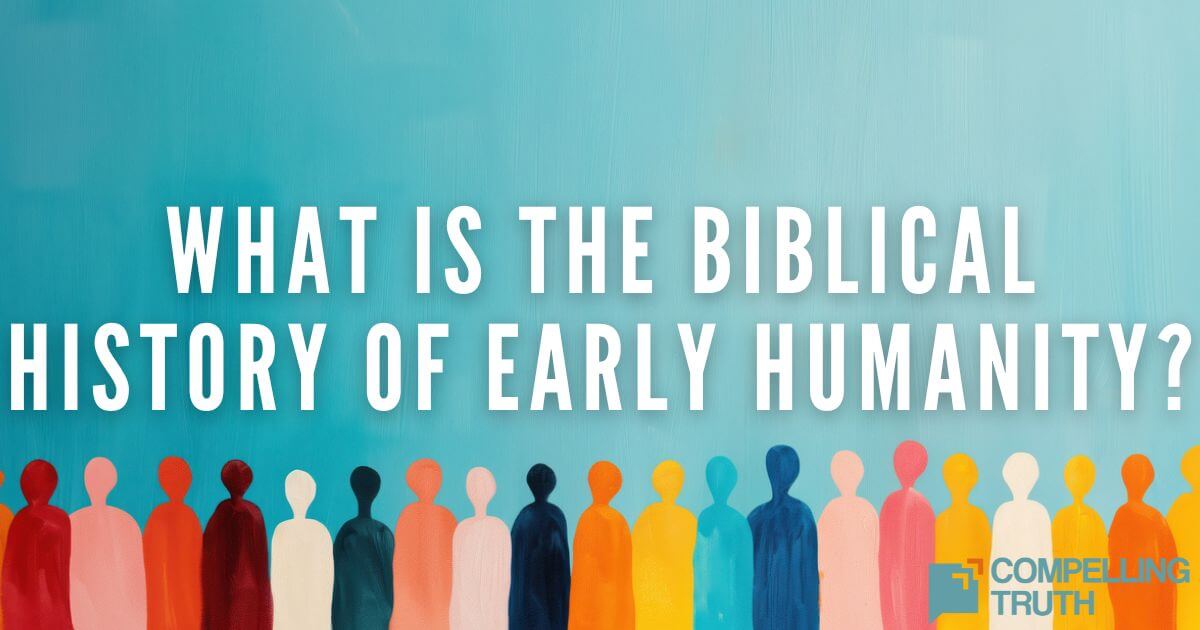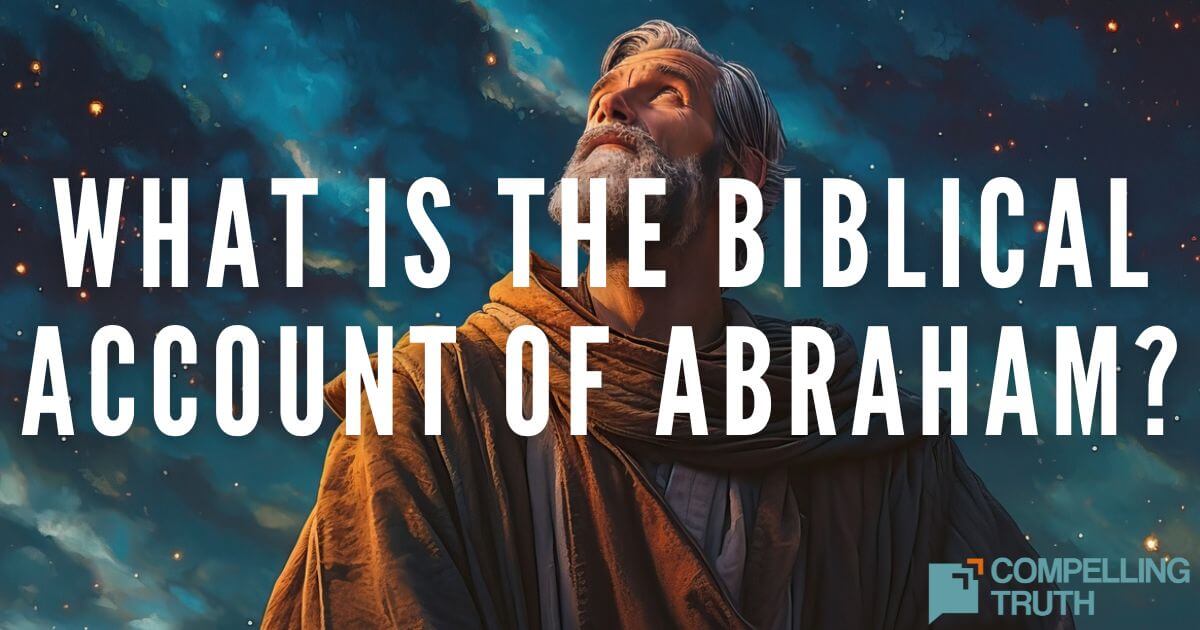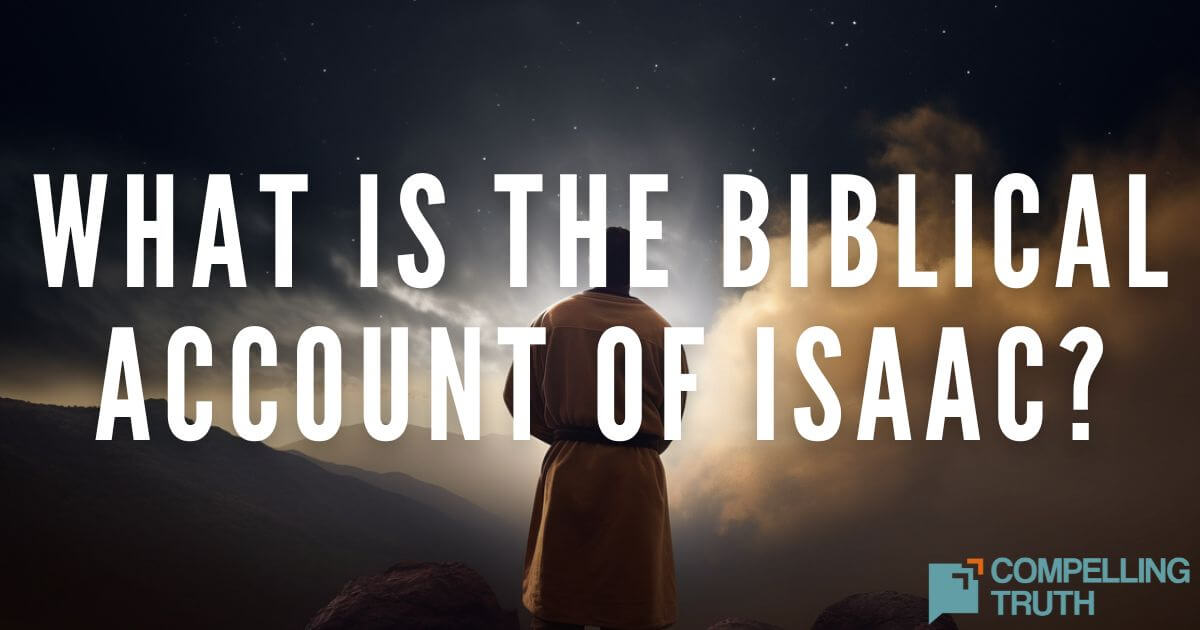Before Jacob was born, God promised that Jacob would reverse the normal order and rule over his brother. This was fulfilled in his life as Esau forsook his birthright and it was given to Jacob instead. Jacob was not perfect—he was deceptive and made many mistakes including his favoritism of Rachel and of Joseph—however, overall his life revealed his faith in God. Throughout Jacob’s life, God was with him. He allowed Jacob to be disciplined with a taste of his own deception. He gave Jacob a dream of a ladder with angels ascending and descending. He wrestled Jacob and gave him a new name and identity. God chose Jacob to form the nation of Israel, and He kept His promise to Jacob in bringing him to the land He had promised. Jacob had faith that God would keep His promises.
Jacob’s life reveals the difficulties that sin brings but also the restoration that God brings when we trust in Him. Jacob’s deception of both Esau, his brother, and of Laban, his uncle, brought about immense difficulties for Jacob. Even though Esau despised his birthright and Laban did not act rightly and fairly, Jacob still chose to be deceptive. God never calls us to repay evil with evil but to repay evil with good (1 Peter 3:9). God’s good plans can be trusted and accomplished in His way and in His timing. Jacob eventually learned this lesson as seen through the way he reconciled with Esau and with the restoration of his family through Joseph. Yet, getting to that lesson came through much difficulty. It’s much better to trust and obey God’s ways than to learn the hard way.
Through Jacob’s life, we see God’s faithfulness in keeping His promises and bringing restoration. God restored Jacob by giving him a new name, purpose, and identity. When we are saved, we, too, become new creations (2 Corinthians 5:17) with a new purpose and identity. We no longer live for ourselves according to the flesh but for Christ in whom we have life (Galatians 2:20). Though we continue to sin on this earth, God works in and through us to transform us more and more into His likeness (Romans 8:28–30; Philippians 1:6; 2:12–13). By doing this, we can live the abundant life He came to give us (John 10:10) and reflect Him to a world that so desperately needs Him. God is faithful and He “works in [us], both to will and to work for his good pleasure” (Philippians 2:13). God not only restored Jacob, but He restored Jacob’s relationships and fulfilled His plan and promise to make Jacob into a prospering nation.




